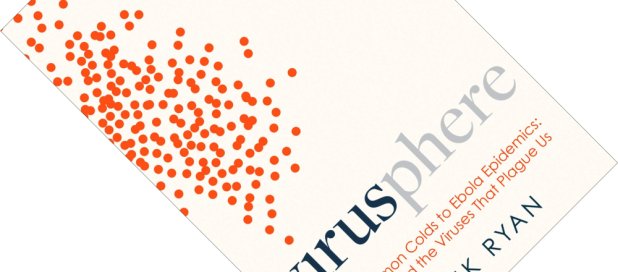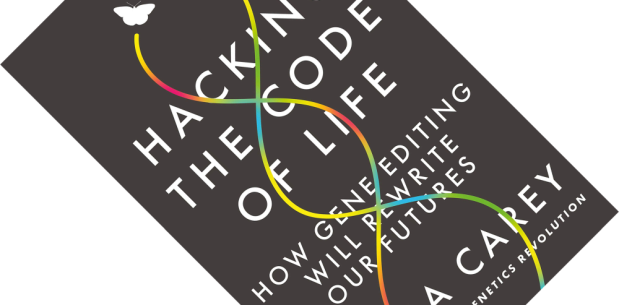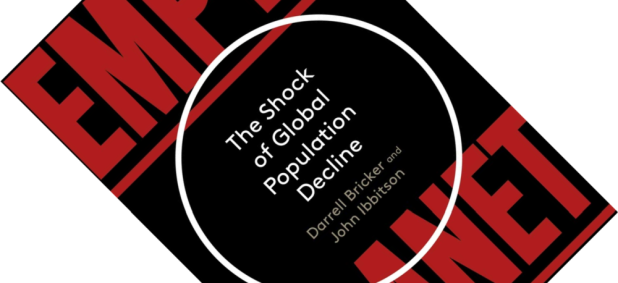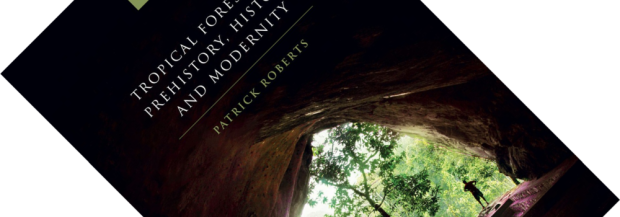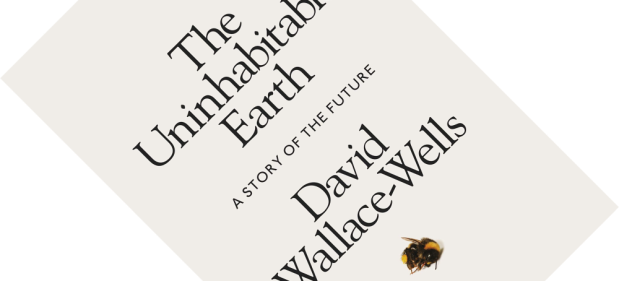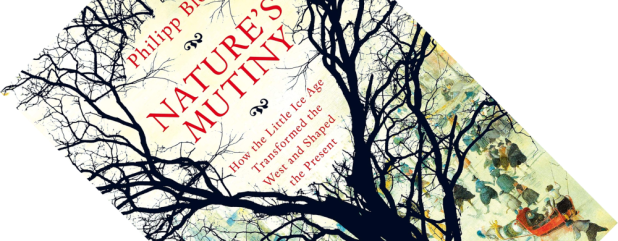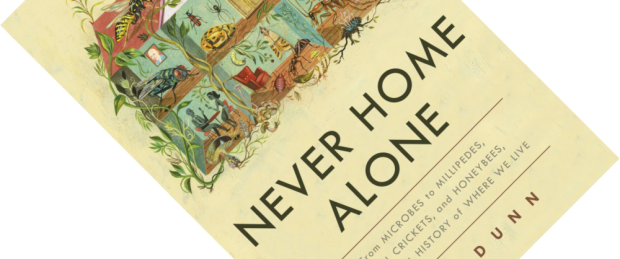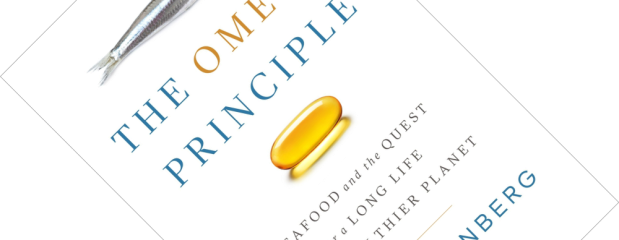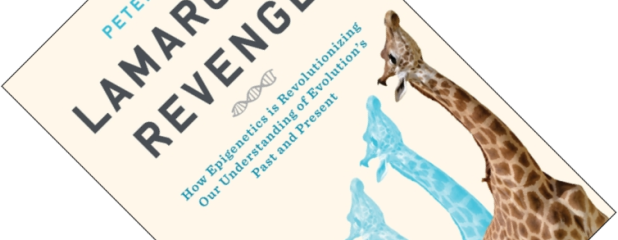Beware the virus. If there is one message physician and evolutionary biologist Frank Ryan is hammering home with this book, it is this. Viruses are absolutely everywhere and more numerous even than microbes. So much so that Ryan speaks of the virosphere rather than the biosphere. But more than harbingers of disease, they are also agents of evolutionary invention. Now why does that sound familiar?
disease
Book review – Hacking the Code of Life: How Gene Editing Will Rewrite Our Futures
Since being released on the world in 2012, the biotechnological tool CRISPR has been making headlines. Biologists used to rely on the relatively blunt tools of genetic modification, but this new tool is so precise and versatile that they now speak of gene editing instead. For people in a hurry, Nessa Carey here provides a primer on the powers and pitfalls of gene editing. Hacking the Code of Life is accessible to readers without much background in genetics, focusing more on the applications and the questions it raises than the nitty-gritty details of the tool itself.
Book review – Empty Planet: The Shock of Global Population Decline
Given that I consider overpopulation to be the mother of all problems and, unfortunately, the elephant in the room that few wish to address, this book immediately drew my attention. Empty planet? Global population decline? Those are not words you often hear when the subject turns to future demographic trends. And yet, these two Canadian authors, Darrell Bricker the CEO of social and opinion research firm Ipsos Public Affairs and John Ibbitson a journalist for Globe and Mail, contend exactly this.
Book review – Tropical Forests in Prehistory, History, and Modernity
Primaeval, pristine, playground of Indiana Jones, home to ancient ruins and primitive tribes – nothing says wilderness more than tropical rainforests. They have had a firm grip on our collective imagination for centuries as the antithesis of civilization. But after reading archaeologist Patrick Roberts’s Tropical Forests in Prehistory, History, and Modernity, it seems my introduction is a load of lyrical rubbish. Synthesizing an enormous body of scientific literature, this book dispels the Victorian-era explorer-mystique to reveal a picture that is far more fascinating.
Book review – The Uninhabitable Earth: A Story of the Future
“It is worse, much worse, thank you think”. With these ominous words, David Wallace-Wells, deputy editor at New York magazine, starts his no-holds-barred story of climate catastrophe. Pulling together worst-case scenario predictions, he is hell-bent on scaring the living daylight out of his readers by sketching the manifold crises that loom in our near future if we let climate change develop unchecked. He proves a poetic agitator and I admire his outspokenness – I don’t think he is alarmist, but simply saying what many scientist are silently thinking. Whether this divisive approach is helpful is another question, and one for which he has been criticised. It is a price Wallace-Wells is willing to pay, because he thinks most people are not scared enough.
Book review – Nature’s Mutiny: How the Little Ice Age Transformed the West and Shaped the Present
In the minds of most people, the words “Ice Age” will invoke images of mammoths and sabertooth tigers. But historians use the phrase “Little Ice Age” to refer to a particular period in recent history when average temperatures dropped for a few centuries. The impact this had on societies was tremendous. In Nature’s Mutiny, originally published in German and here translated by the author, historian Philipp Blom charts the transformations that resulted and shaped today’s world. It is also one of the most evocative book titles I have seen this year.
Book review – Never Home Alone: From Microbes to Millipedes, Camel Crickets, and Honeybees, the Natural History of Where We Live
The term “wildlife” tends to evoke images of apex predators, cuddly creatures, or flagship species – usually vertebrate, usually mammalian – living outdoors in the wilderness of jungles, plains, or oceans. But what about closer to home? What about in your home? Ecologist Rob Dunn has written a delightful book showing that we live amidst a veritable zoo.
Book review – The Epigenetics Revolution: How Modern Biology is Rewriting Our Understanding of Genetics, Disease and Inheritance
After the recently published Lamarck’s Revenge: How Epigenetics Is Revolutionizing Our Understanding of Evolution’s Past and Present left me little the wiser on how epigenetics actually works, I decided to track down a copy of Nessa Carey’s The Epigenetics Revolution. As one of two popular books published around the same time, it seemed like a good place to start. Peter Ward was right about one thing, this is indeed a landmark book, even if it is now a few years old.
Book review – The Omega Principle: Seafood and the Quest for a Long Life and a Healthier Planet
American author Paul Greenberg has written two previous books about (eating) fish (American Catch: The Fight for Our Local Seafood and Four Fish: A Journey from the Ocean to Your Plate), so he is no stranger to the rather, errr, fishy topic of omega-3 fatty acid supplements. His new book, The Omega Principle, is much more than just a critique of the supplement industry though. This engagingly written reportage digs far deeper, asking where this oil comes from, and reports on that vast segment of the global fishing industry known as the reduction industry, and a food system out of whack with our needs.
Book review – Lamarck’s Revenge: How Epigenetics Is Revolutionizing Our Understanding of Evolution’s Past and Present
As one of several intellectuals who wrote about evolution before Darwin, time has not been kind to the French naturalist Jean-Baptiste Lamarck (1744-1829). Reviled during his lifetime by the influential Cuvier, after his death he became best remembered, and ultimately ridiculed, for the idea that characters acquired during an organism’s lifetime are passed on to its offspring. With the rise of the modern field of epigenetics, some of his ideas are making a comeback, albeit modified and adapted for the 21st Century. Palaeontologist and astrobiologist Peter Ward would even like to go so far as to restore some honour to his name and consider epigenetics a neo-Lamarckian process.

